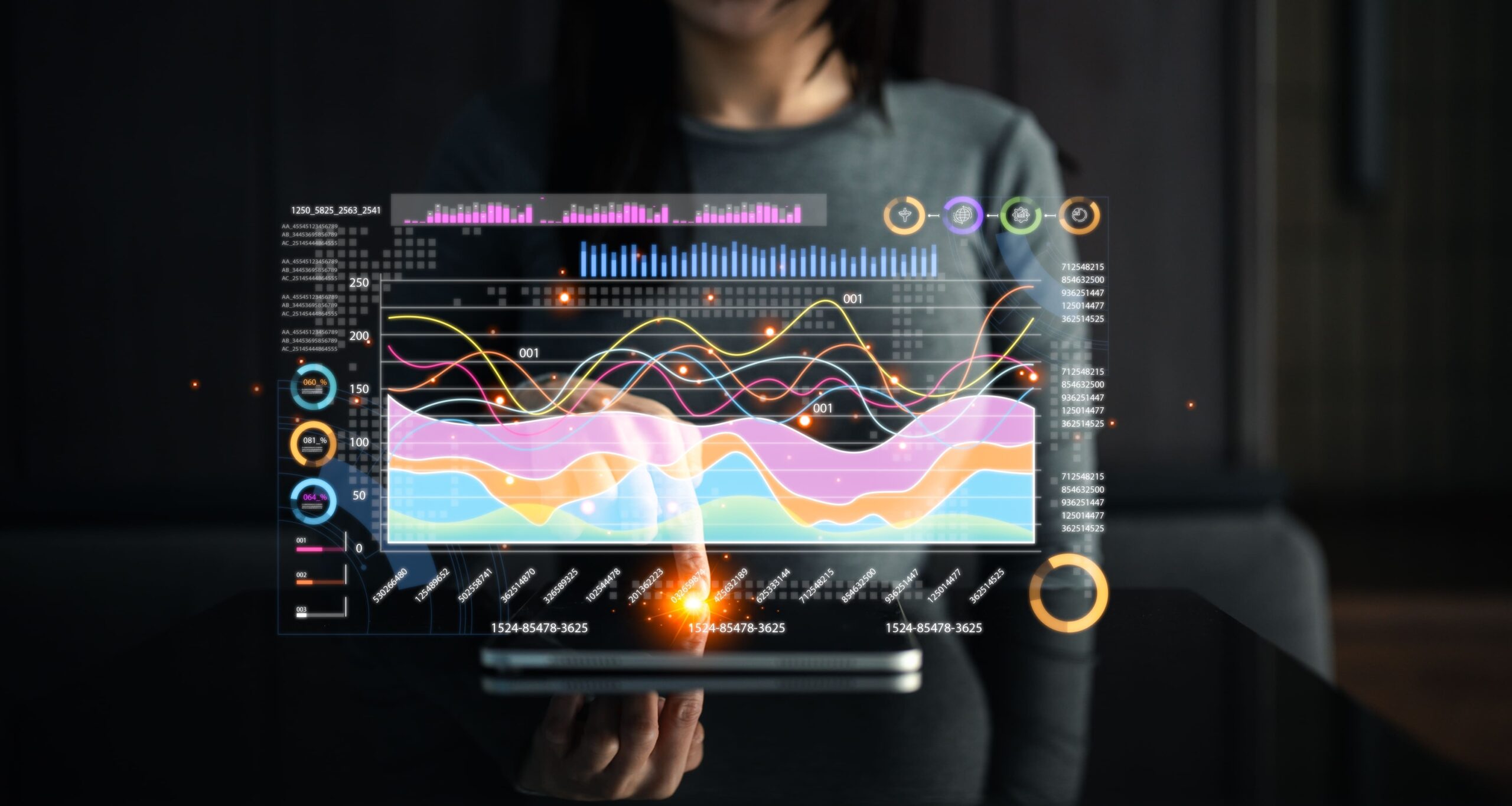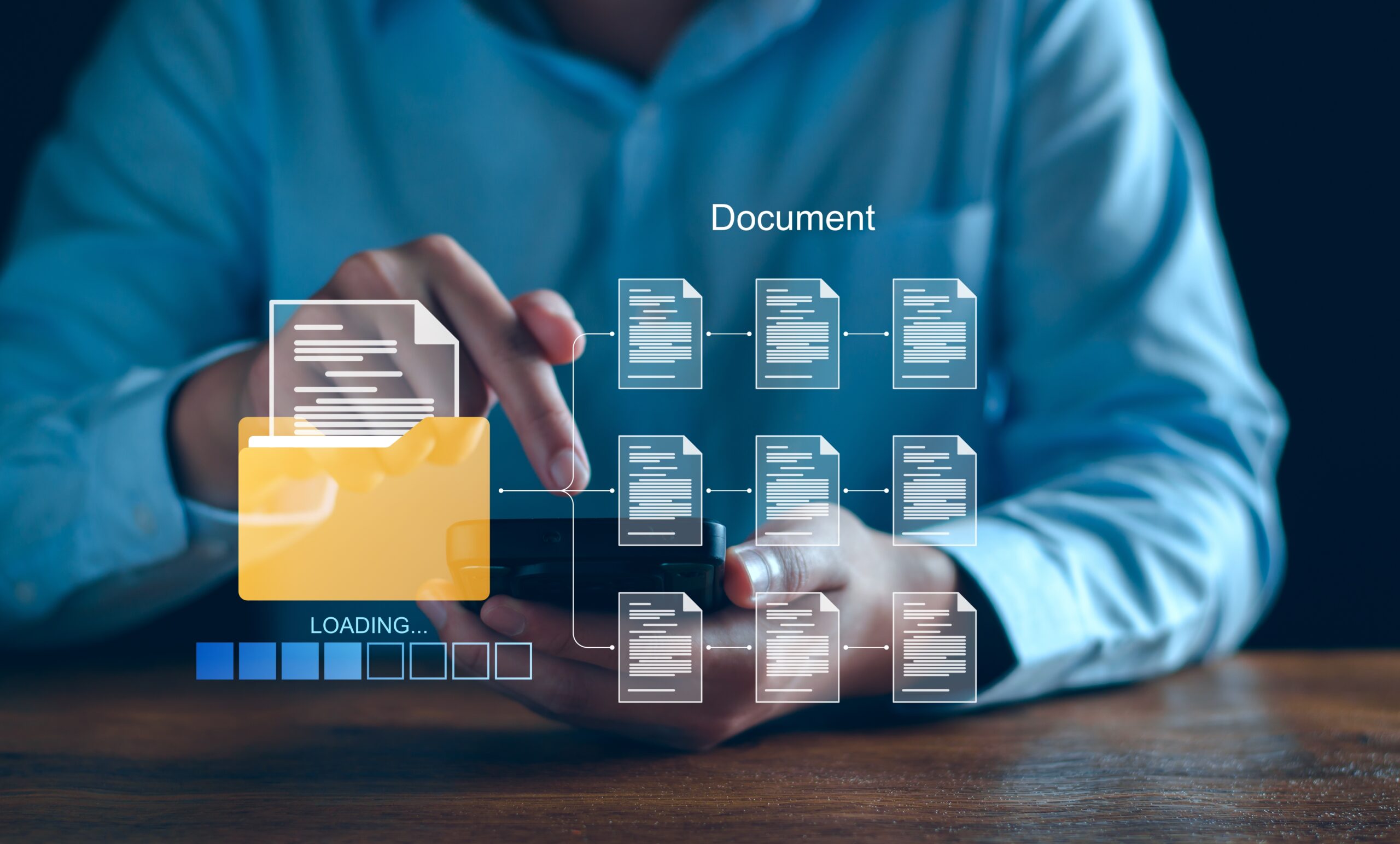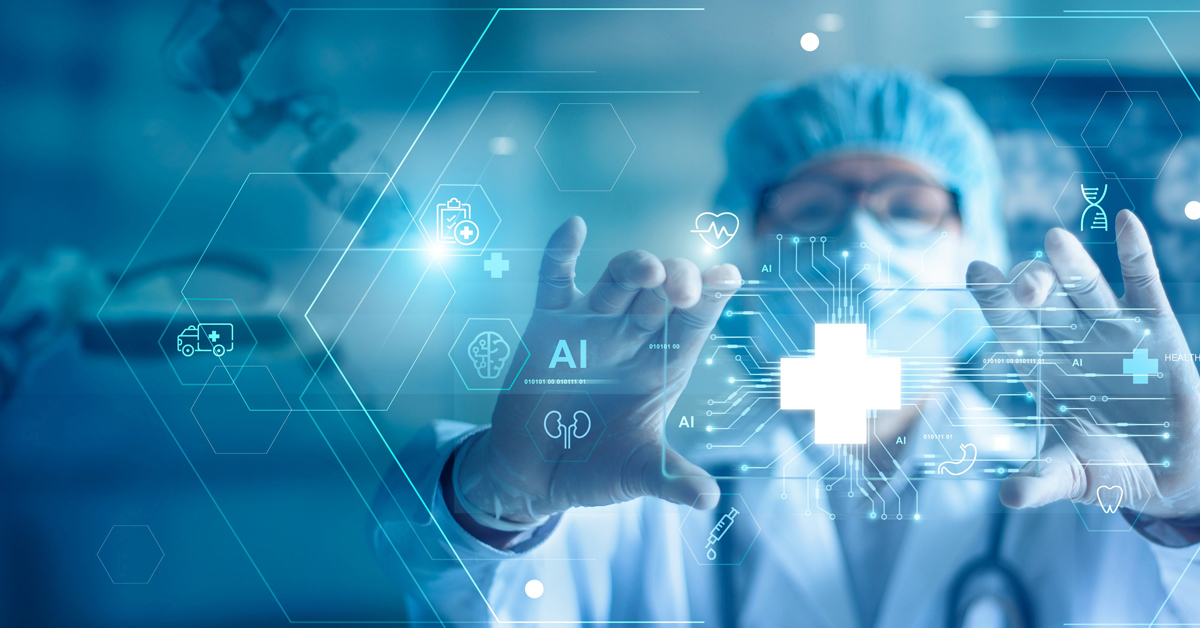The healthcare industry produces a massive amount of data every day. Streamlining the increasing cases with a disjointed system disrupts the workflow and productivity, ultimately impacting members’ experience. Thankfully, the rapid development of technology has brought Artificial Intelligence (AI) and Data Science into the picture and empowered healthcare workers to analyze data, identify trends and enhance the way they deliver.
How AI and Data Science are Making Difference in Healthcare System
Analyze Unstructured Data
Healthcare providers operate on traditional platforms to handle data which combines unstructured and multiple formats which raises accessibility issues. Additionally, these platforms create confusion and increase the chances of misplacing the sensitive information of members.
AI and data science simplifies the complexity of managing a large amount of data by analyzing voluminous information. It enables the users to organize information with the help of accurate prompts, contributing to streamlining end-to-end journey of members without accessibility challenges.
Provide Treatment Recommendations
Members like feeling valued. To instill this feeling in them, the healthcare providers must cater to value-based care. Delivering personalized experience requires tracing behavioral patterns, interests, and preferences. However, this demands a considerable number of investments in technology, analytics, care management programs, and other resources. Data science and AI weigh off the load through predictive analytics. Without needing human intervention or any added tools, the feature monitors data in real-time, identifies the potential risks and gives recommendations for the best treatment plans.
Streamline Operations
Healthcare payers’ system struggles to manage time and cost due to manual processing of data. By leveraging intelligence into operations, AI and data science improve the workflow and remove the redundant efforts of manual data filtering. It automates the processes, enables staff and clinicians to manage queries promptly, reduces waiting time, and empowers them to make faster and smarter decisions.
Improving Members’ Experience
Healthcare is a sensitive space wherein members want nothing but a quick resolution, prompt response, and easy procedure, especially during crucial hours. This requires a strong and reliant thread of communication. AI empowers healthcare providers to automate the communication channel through personalized templates, emails, and notifications. The predictive capability of AI enables healthcare providers to stay ahead of members’ expectations by predicting their expectation through feedback and suggestions. This makes them feel heard and understood, ultimately contributing to strengthening trust and facilitating a superior experience.
Conclusion:
AI and Data Science are bringing remarkable change in the healthcare space by making it smarter and faster. Therefore, to future-proof members’ health and thrive in the competitive landscape, modernizing the healthcare ecosystem by leveraging the capabilities of cutting-edge technologies is the right key.
Frequently Asked Questions
Q. How is data science and AI used in healthcare?
A. AI and data science empower healthcare providers to streamline end-to-end operations and ensure to drive measurable outcomes. The algorithms, predictive analytics, and intelligent automation capabilities help the healthcare ecosystem manage voluminous data without any discrepancy. It automates administrative tasks such as scheduling appointments and providing personalized treatment recommendations, which helps in delivering a superior customer experience. Furthermore, these tools reduce cost, enhance operational efficiency, and bring significant improvement in the way healthcare is delivered.
Q. What is the main role of Artificial Intelligence in healthcare?
A. AI makes the healthcare space more proactive and predictive. By leveraging the capabilities of AI, the workers can utilize the stored information and data to create better medical plans and deliver superior customer experience.
Q. How is Artificial Intelligence responsible in healthcare?
A. With the help of advanced algorithms, intelligent automation, and predictive analytics, healthcare providers can manage a substantial amount of data without any human intervention. The capabilities of these tools automate tasks and streamline end-to-end operations which increases workflow productivity.
Q. What is the role of artificial intelligence in health informatics?
By streamlining administrative tasks, AI helps in reducing human errors, and manage the patients’ information without any discrepancy. It enables high security through early fraud detection capabilities and preserves critical information of the patient.
You might be interested in

22 Jan, 2026
Why storing everything is not the optimal email archiving strategy for 2026



